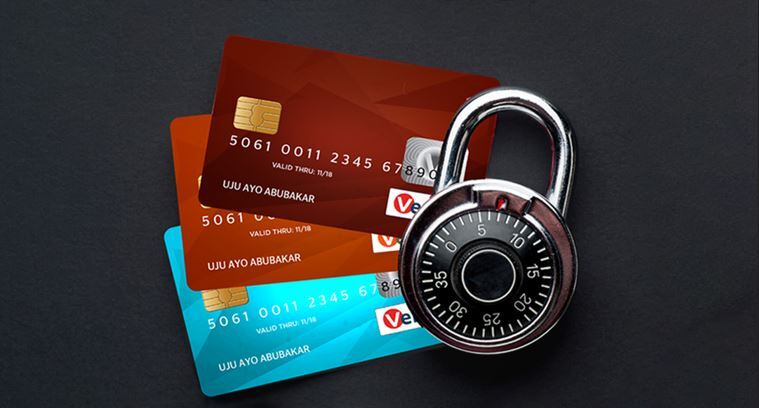Enjoy Your Sleep & Worry Less- Tips to Stop Fraudsters
As our lives become increasingly digitized, protecting our financial information and online accounts has become more crucial than ever. With the rise in cybercrime and the ever-present threat of fraudsters, it is essential to take proactive steps to safeguard our debit card details and secure our login credentials.

This article will give you practical tips and best practices to shield yourself from potential risks, ensuring your financial security and peace of mind.
1: Keep Your Debit Card Details Safe
a. Memorize your PIN: Avoid writing down your Personal Identification Number (PIN) or sharing it with anyone. Memorize it to minimize the risk of unauthorized access.
b. Be cautious with receipts: Dispose of them properly, ensuring they are not easily accessible. Cross out the card number and any other sensitive information before discarding them.
c. Shield your card: Fraudsters can be anywhere, shield the keypad with your hand while entering the PIN to prevent shoulder surfing.
d. Beware of skimming devices: Inspect ATMs and payment terminals for any suspicious devices or modifications. If something seems unusual, notify the concerned authorities.
e. Regularly monitor your transactions: Keep a close eye on your account statements and transaction history. Report any unauthorized charges or suspicious activity to your bank immediately.
2. Strengthen Your Online Security
a. Create strong, unique passwords: Use a combination of uppercase and lowercase letters, numbers, and special characters for your passwords. Avoid easily guessable information, such as your birthdate or pet's name. Consider using a password manager to securely store your passwords.
b. Enable two-factor authentication (2FA): Activate 2FA whenever possible to add an extra layer of security to your online accounts. This typically involves a verification code sent to your mobile device, ensuring that only you can access your account.
c. Be cautious of phishing attempts: Fraudsters often use phishing emails or websites to trick users into revealing their login details. Be skeptical of unsolicited emails, verify the sender's legitimacy, and avoid clicking on suspicious links. When in doubt, contact the organization directly using verified contact information.
d. Secure your devices: Keep your devices updated with the latest security patches and antivirus software. Set up a strong password or PIN for your smartphone and enable biometric authentication if available.
e. Use secure networks: Avoid using public Wi-Fi networks for accessing sensitive information or making online transactions. If you must use public Wi-Fi, consider using a virtual private network (VPN) for added security.
f. Regularly update your software: Keep your operating system, web browser, and other software up to date to ensure you have the latest security features and bug fixes.
Additional Precaution
a. Be mindful of where you share information: Only provide your debit card details or personal information on secure websites (look for the padlock symbol in the URL bar) and reputable platforms. Avoid sharing sensitive information over phone calls or emails unless you are certain of the recipient's authenticity.
b. Monitor your credit reports: Regularly check your credit reports to identify any suspicious activities or accounts opened under your name. Report any discrepancies to the credit reporting agencies.
c. Consider card protection services: Some financial institutions offer additional services that can help you monitor and protect your debit card details. Explore the options available and determine if they align with your security needs.
In a digital age where fraudsters continually devise new methods to exploit vulnerabilities, adopting proactive measures to protect debit card details and secure online accounts is crucial. By implementing the tips and best practices outlined in this article, you can fortify your financial security and reduce the risk of falling victim to fraud. Stay vigilant, stay informed, and safeguard your valuable financial information against potential threats.
